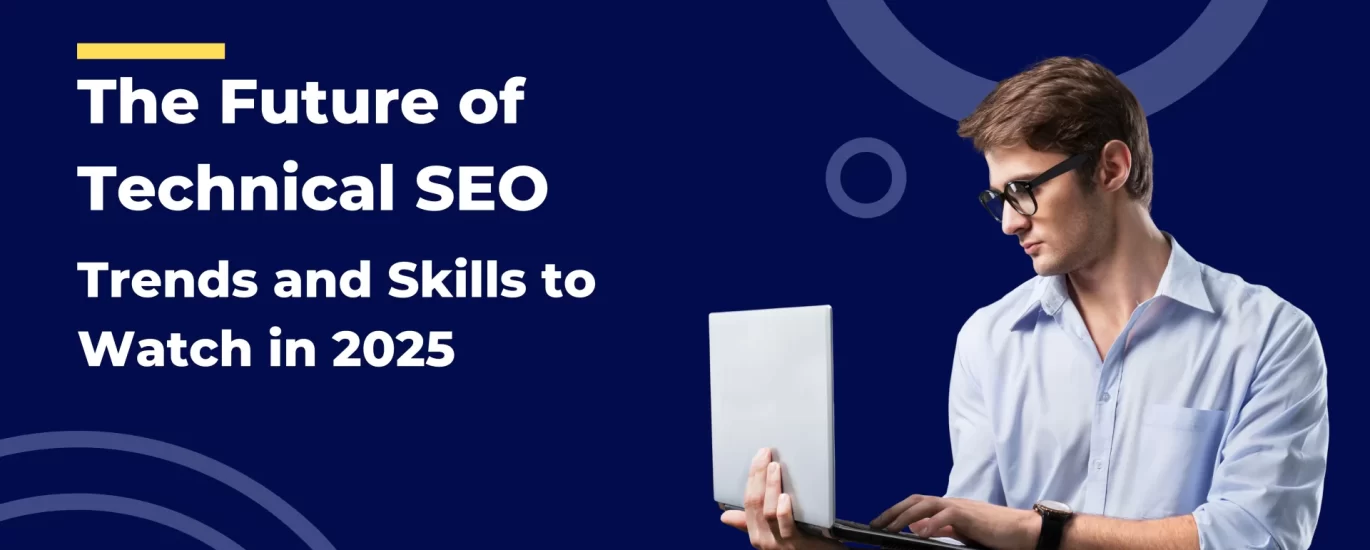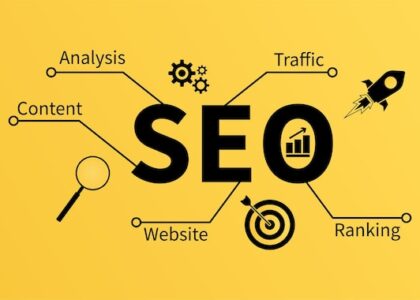As we approach 2025, Technical SEO continues to evolve, shaped by advancements in technology, shifts in user behavior, and Google’s ever-refining algorithms. Below, we dig into five key trends that will redefine the SEO landscape and the skills professionals will need to succeed.
1. How Will AI and LLMs Reshape Technical SEO in 2025?
The integration of Artificial Intelligence (AI) and Large Language Models (LLMs) like ChatGPT and Bard is already making a significant impact on how search engines interpret and rank content. These advancements are expected to transform technical SEO practices, including:
- Content Understanding: AI-driven algorithms will become even better at understanding context, semantics, and user intent, making high-quality, in-depth content more important than ever. Learn more about AI in SEO.
- Automation in SEO: AI tools can automate repetitive tasks like keyword research, schema markup generation, and performance monitoring, enabling SEO professionals to focus on strategy.
- Advanced Personalization: Search results will likely become more personalized, with AI predicting user needs based on search history, location, and behavior.
2. What New Skills Will SEO Professionals Need to Develop in 2025?
SEO is no longer just about keywords and backlinks. To thrive in 2025, professionals must expand their skill set to include:
- Data Analysis and Visualization: Understanding and presenting data insights will be critical for decision-making. Tools like Looker Studio and Tableau will be essential.
- AI Tool Proficiency: Mastering AI-powered SEO tools like Semrush, Ahrefs, or Surfer SEO will give professionals a competitive edge. Check out guide to SEO skills for a deeper dive.
- Coding Basics: Knowledge of HTML, CSS, and JavaScript will be essential for troubleshooting technical SEO issues.
- UX Optimization: With Core Web Vitals remaining a ranking factor, a strong grasp of user experience principles will be crucial.
3. How Will Generative AI Impact Digital Brand Optimization?
Generative AI tools are revolutionizing content creation by enabling brands to produce high-quality, engaging content faster than ever. Here’s how they’ll reshape digital brand optimization:
- Enhanced Creativity: AI can generate blog outlines, social media posts, and even entire marketing campaigns, freeing up human creativity for strategic tasks. Explore the use of Generative AI in marketing.
- Scalable Content Production: Businesses can create localized or niche content at scale without sacrificing quality.
- SEO Content Enhancement: AI tools like Jasper AI and Perplexity can optimize content for keywords, readability, and user intent.
However, brands must balance AI-driven efficiency with authenticity to maintain trust and engagement with their audience.
4. What Role Will Structured Data Play in Future SEO Strategies?
Structured data, implemented via schema markup, helps search engines understand the content on a webpage. In 2025, its role will become even more significant as search engines:
- Prioritize Rich Results: Structured data enables rich snippets, which enhance visibility and click-through rates. Google’s own guide to structured data highlights how to implement it effectively.
- Improve Voice Search Optimization: Schema markup can help content appear in voice search results, which rely heavily on concise, structured answers.
- Aid in AI Comprehension: As AI models like Google’s MUM (Multitask Unified Model) evolve, structured data will help them interpret complex queries and deliver precise results.
5. How Will Core Web Vitals Continue to Influence SEO Practices?
Google’s Core Web Vitals (CWV) initiative has made site speed, interactivity, and visual stability critical ranking factors. These metrics will remain pivotal as:
- Mobile-First Indexing Expands: Sites that perform poorly on mobile devices will struggle to rank.
- User Expectations Rise: With faster internet speeds, users expect seamless experiences. Meeting these demands will boost engagement and rankings.
- Integration with UX and SEO: Core Web Vitals will further blur the line between SEO and UX design, requiring collaboration across teams.
To stay ahead, businesses should regularly audit their CWV performance using tools like PageSpeed Insights. Learn more about Core Web Vitals from Google.
Conclusion
The Technical SEO landscape in 2025 will be shaped by AI advancements, evolving user expectations, and technical innovations. By staying informed, acquiring new skills, and leveraging emerging technologies, SEO professionals can position themselves for success.
SEO is a dynamic field—continuous learning and adaptability are key to staying ahead. Implement structured data, optimize for Core Web Vitals, and use AI-powered tools to future-proof your SEO strategy.





